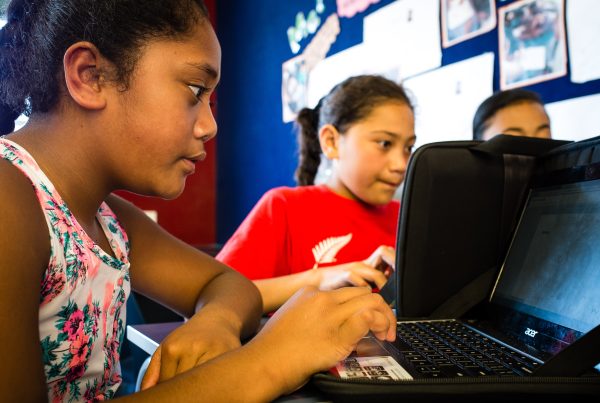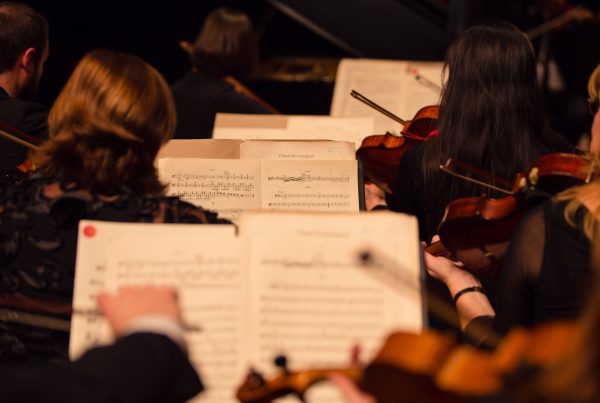
Education, it seems, is the answer to all of our problems. Whether we have children at school or not is irrelevant: improving educational outcomes ensures New Zealand’s future prosperity and civility, and so this is of interest to all of us.
Of course, we must continue to improve teaching and learning using all of the tools at our disposal — research, data and technology — but we must also acknowledge that a child is not at school 24/7. There are many influences, both positive and negative, beyond the school gate that impact on learning. Last month reminded me of one of the most important influences — a father.
In the lead-up to Father’s Day my letterbox was cluttered with leaflets advertising suitably masculine presents to buy dad: a new barbecue, handyman tools or socks. The hyper-commercialisation of this event is an unfortunate by-product of living in the modern world, but this should not detract from the original purpose of this occasion: to honour dads who play a vital part in the development of their children.
For boys, the importance of having a strong male in their lives as a role model is widely recognised and there are many books (for example, Raising Boys by Steve Biddulph) that explore the all-important father–son relationship. No school can be a substitute for a father, nor can any government party devise policy that can make up for an absent father. The increasing number of single-parent families, most typically with a mother being the main carer, means that sadly there are many boys growing up without strong male figures in their lives. To address this deficit, programmes such as Big Buddy have been set up to provide male mentors for fatherless boys.
The role that fathers play in their daughters’ lives is just as important but less often discussed. From childhood, a girl draws conclusions about what the opposite sex is like from the men in her life. Her father becomes her standard for measuring what to expect of men and their attitudes toward women. His relationship to her mother is a touchstone for what her relationship with a man will be when she grows up. What all this means for a father is that he counts a lot in the socialisation of the next generation.
Over the past three years, Mike Egan, a Wellington restaurateur, has been asking Wellington fathers to participate in Dad and Daughter Date Night. This is an annual event falling on the first Sunday of August and is dedicated to celebrating the special bond between dads and daughters. The concept highlights the fundamental need for fathers to spend time with their children.
Close to Father’s Day, my school held a number of breakfasts for daughters and dads. These reinforced the vital importance of the father–daughter relationship. Let’s hope that relationship was also celebrated in your family on 7 September.




